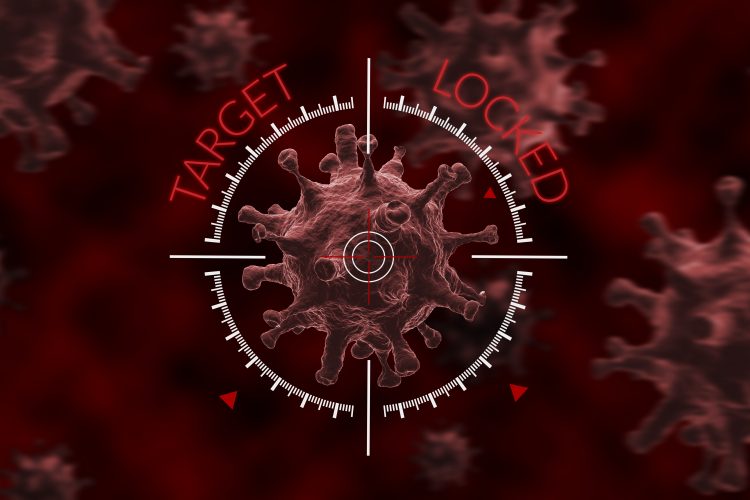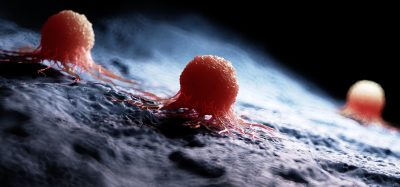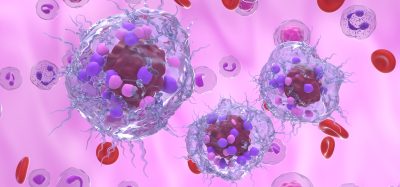SARS-CoV-2 papain-like protease could be a novel drug target
Posted: 19 October 2020 | Hannah Balfour (Drug Target Review) | No comments yet
Scientists suggest targeting the SARS-CoV-2 papain-like protease (PLpro) with inhibitors could prevent the spread of infection.


According to researchers, inhibiting the SARS-CoV-2 papain-like protease (PLpro) could prevent viral replication and enhance the human immune response. The American and Polish scientists who suggest this technique for tackling COVID-19, the disease caused by SARS-CoV-2, have developed two molecules that can inhibit the SARS-CoV-2-PLpro.
The researchers from The University of Texas Health Science Center at San Antonio (UT Health San Antonio), US, and the Wroclaw University of Science and Technology, Poland, found that SARS-CoV-2-PLpro promotes infection by sensing and processing both viral and human proteins. “This enzyme… stimulates the release of proteins that are essential for the virus to replicate and also inhibits molecules called cytokines and chemokines that signal the immune system to attack the infection,” said study senior author Dr Shaun Olsen, associate professor of biochemistry and structural biology in the Joe R. and Teresa Lozano Long School of Medicine at UT Health San Antonio.
According to Dr Olsen, SARS-CoV-2-PLpro removes ubiquitin and ISG15 from human proteins. These typically help maintain protein integrity.
In their studies, Dr Olsen’s team used X-ray crystallography to solve the three-dimensional structures of SARS-CoV-2-PLpro and the two inhibitor molecules, called VIR250 and VIR251. The two inhibitors were developed by Dr Marcin Drag and his team, said Dr Olsen. He added that they “are very efficient at blocking the activity of SARS-CoV-2-PLpro, yet do not recognise other similar enzymes in human cells.” He explained that specificity would be a key determinant of therapeutic value down the road.
Furthering their research, the US team also compared SARS-CoV-2-PLpro to similar enzymes from related coronaviruses, Severe Acute Respiratory Syndrome coronavirus (SARS-CoV-1) and the virus that causes Middle Eastern Respiratory Syndrome (MERS-CoV). According to their study, the SARS-CoV-2-PLpro processes ubiquitin and ISG15 very differently to its SARS-CoV-1 counterpart.
“One of the key questions is whether that accounts for some of the differences we see in how those viruses affect humans, if at all,” Dr Olsen said. He concluded that understanding the similarities and differences of these enzymes may enable the development of inhibitors that are effective against multiple viruses and could be modified to combat future coronavirus variants that emerge in the future.
The paper was published in Science Advances.
Related topics
Disease Research, Drug Development, Drug Targets, Enzymes, Research & Development
Related conditions
Coronavirus, Covid-19
Related organisations
The University of Texas Health Science Center at San Antonio (UT Health San Antonio), Wroclaw University of Science and Technology
Related people
Dr Marcin Drag, Dr Shaun Olsen








